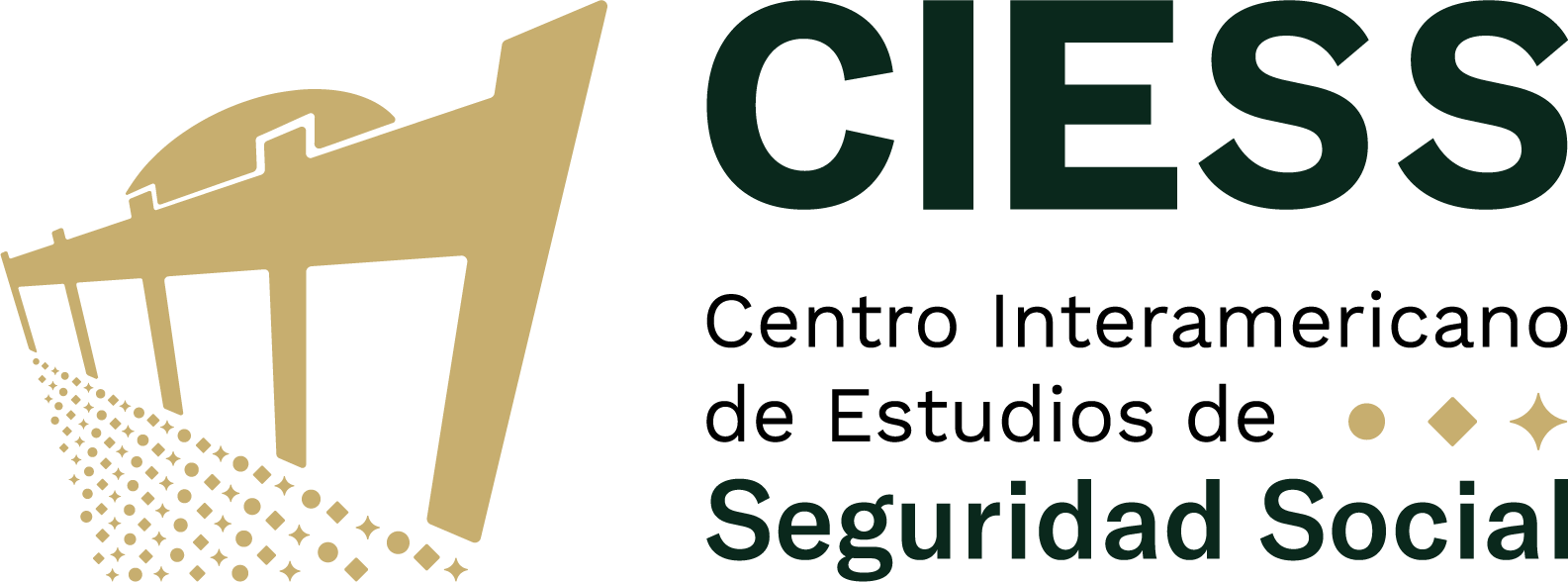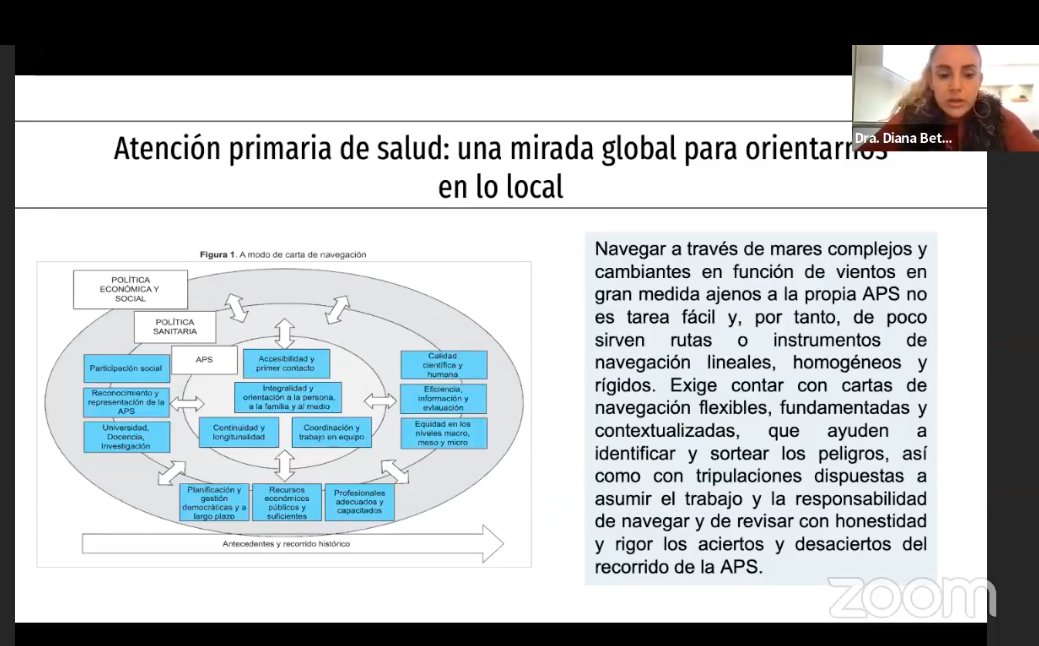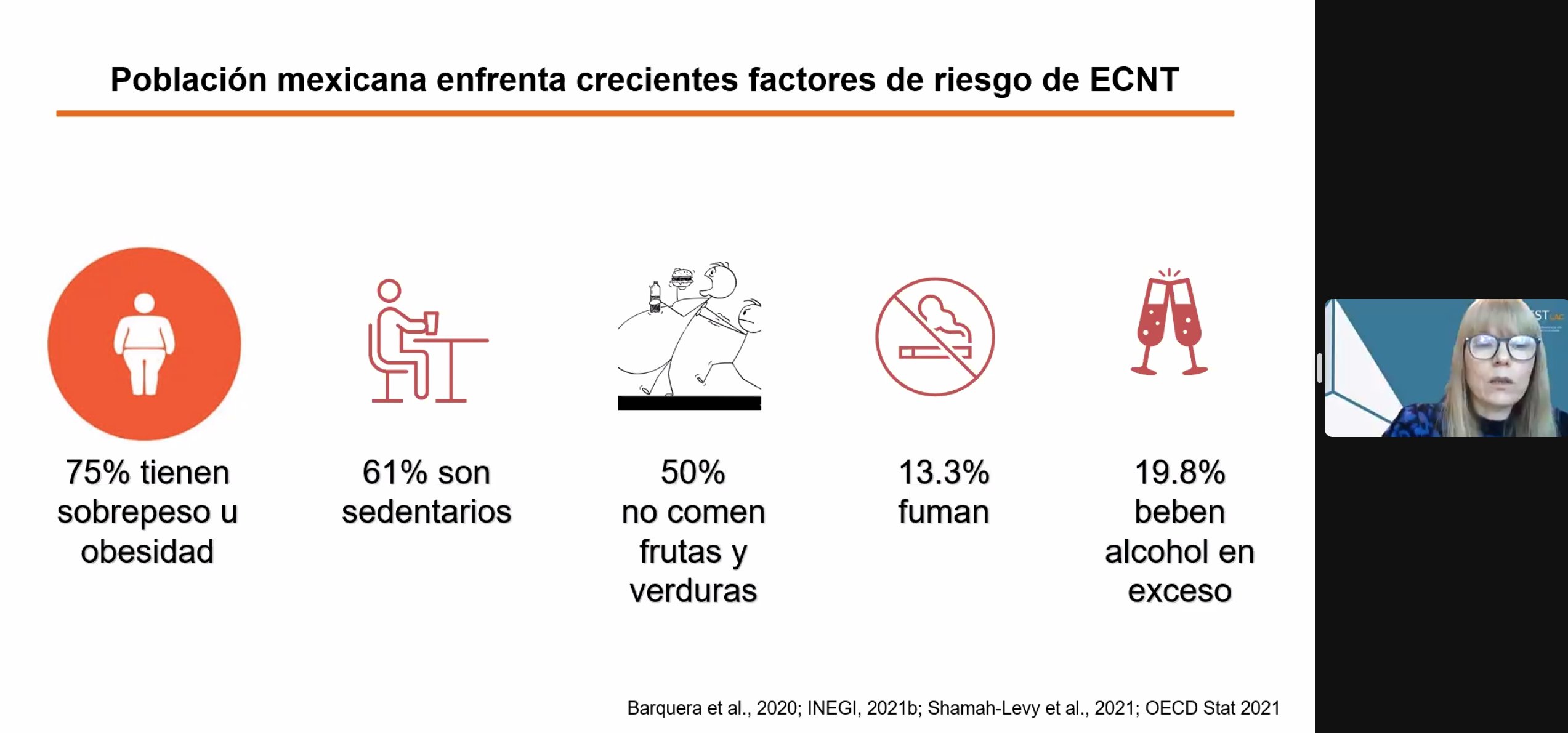WEBINAR
Primary care management strategies in health systems.
Advances and challenges to achieve equity in the American region.
Advances and challenges to achieve equity in the American region.
Activity Objective:
Reflect on the progress and challenges to achieve equity in access to primary health care services, addressing the management experience of countries in the Latin American and Caribbean region.
Activity Objective:
Reflect on the progress and challenges to achieve equity in access to primary health care services, addressing the management experience of countries in the Latin American and Caribbean region.
Background:
In the 2012 resolution (A/RES/67/81) the World Health Organization (WHO) recognized the importance of national health systems ensuring universal coverage, especially through primary care mechanisms. This is so that everyone, particularly the most vulnerable sectors of the population, have access to health services (UN, 2013).
[expand title=”Leer más”]
Equity in health implies that, ideally, anyone should have a fair chance to reach their full health potential and, pragmatically, that no one should be at a disadvantage in achieving it (Whitehead, 1991). From this perspective, the existence of any disease prevents people from participating in the principle of equal opportunities (Zúñiga-Fajuri, 2011). The above makes it essential to recognize the social obligation to reduce the barriers that limit access to effective, timely and quality health care (Flamand and Moreno, 2014). In an environment that is becoming increasingly complex and changing due to the
epidemiological and demographic patterns experienced by the region (PAHO, 2022), the reduction of health inequities represents a priority challenge for the management of health systems in any country, so the provision of health services requires at least the following conditions:
(a) an adequate and competent health workforce capable of providing proximity and quality health care centered on the person.
b) management models that are committed to and invest in universal health coverage (WHO, 2021), and c) the implementation of public policies and actions with a multi-sectoral approach to address the social determinants of health and foster the commitment of the whole society to promote health and well-being (WHO/PAHO, 2014).[/expand]
Background:
In the 2012 resolution (A/RES/67/81) the World Health Organization (WHO) recognized the importance of national health systems ensuring universal coverage, especially through primary care mechanisms. This is so that everyone, particularly the most vulnerable sectors of the population, have access to health services (UN, 2013).
Equity in health implies that, ideally, anyone should have a fair chance to reach their full health potential and, pragmatically, that no one should be at a disadvantage in achieving it (Whitehead, 1991). From this perspective, the existence of any disease prevents people from participating in the principle of equal opportunities (Zúñiga-Fajuri, 2011). The above makes it essential to recognize the social obligation to reduce the barriers that limit access to effective, timely and quality health care (Flamand and Moreno, 2014). In an environment that is becoming increasingly complex and changing due to the epidemiological and demographic patterns experienced by the region (PAHO, 2022), the reduction of health inequities represents a priority challenge for the management of health systems in any country, so the provision of health services requires at least the following conditions: (a) an adequate and competent health workforce capable of providing proximity and quality health care centered on the person. b) management models that are committed to and invest in universal health coverage (WHO, 2021), and c) the implementation of public policies and actions with a multi-sectoral approach to address the social determinants of health and foster the commitment of the whole society to promote health and well-being (WHO/PAHO, 2014).
Academic Activity
Date
December 6th
Starts at
12:00 pm
Mexico City
(UTC -5)
Modality
Remotely through the platform
Zoom
Simultaneous translation
Spanish and English
80% attendance requirement to earn a certificate of accomplishment.
Upon registration, you will receive a confirmation email within the link to join the webinar.
Agenda

Emilio Alfredo Carrasco González
CIESS Executive Director
12:00 to 12:05
Welcome

Carlos Iván García
CAOSA Specialist
12:05 to 12:10
Summary of the situation Objetive of the activity
 PANELIST Nº1
PANELIST Nº1
Ricardo Pérez Cuevas
Health and Social Protection Division, IDB
12:10 to 12:30Progress in the region toward universal healthcare coverage and equity at the first level of attention
 PANELIST Nº2
PANELIST Nº2
Svetlana V. Doubova
Epidemiology and Health Ser- vices Research Unit, IMSS
12:30 to 12:50Mexican experience in the management of the first level of attention
 PANELIST Nº3
PANELIST Nº3
André Castillo Barquero
Costa Rican Social Security Fund.
12:50 to 13:10Costa Rican experience in the management of the first level of attention.
 PANELIST Nº4
PANELIST Nº4
Diana Betancurth Loaiza
Universidad de Caldas
13:10 to 13:30Colombian experience in the management of the first level of attention.
All the participants
13:30 to 13:50Question and answer session

Emilio Alfredo Carrasco González
CIESS Executive Director
13:50 to 13:55
Closing words








